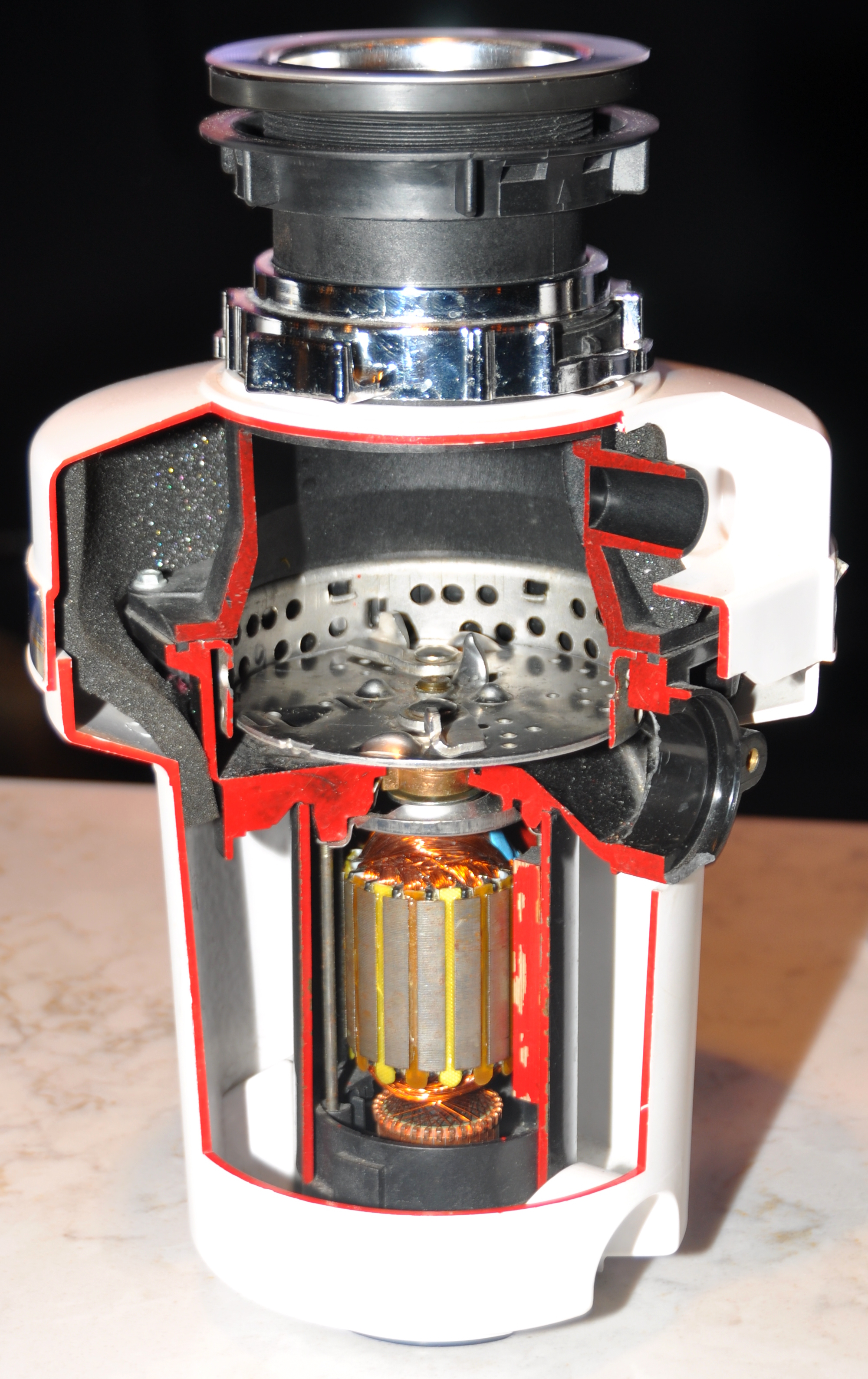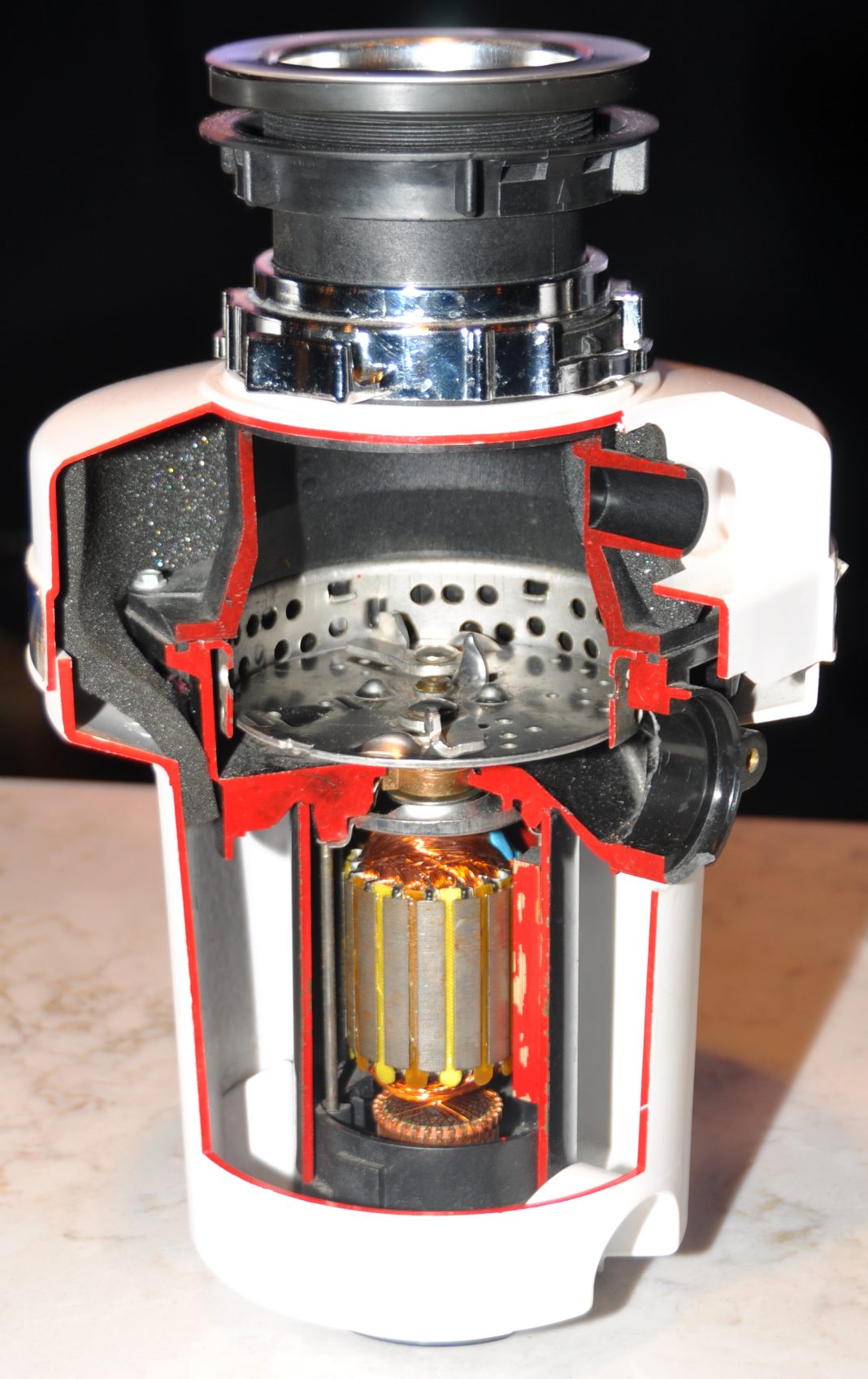 Landfill Capacity in the United States: A Closer Look at Trash Disposal
Landfill Capacity in the United States: A Closer Look at Trash Disposal
Introduction:
The United States currently has 2,635 active and projected landfills, raising concerns among environmentalists about the amount of waste being generated and the country’s recycling efforts. However, some experts argue that the US may never run out of landfill space, as new landfills can be constructed when needed. While there is enough landfill space in certain areas like New York City, state government officials remain worried about trash coming from out of state or even from Canada.
The Concerns and Efforts of State Governments:
States like Michigan have been trying to discourage Canadian companies from dumping trash in their landfills for years. The state’s landfill capacity is currently manageable, but Ontario, Canada’s most populous province, is facing a crisis. Several large Ontario cities have run out of waste space, leading to the need to send garbage to smaller rural towns, indigenous communities, as well as neighboring US states like New York and Michigan.
Michigan’s High Trash Generation:
According to Environmental Protection Agency (EPA) data from 2021, Michigan’s landfills hold over 685 million tons of waste, making it the highest rate per resident in the country. The state’s approximately 10.3 million residents contribute 68.3 tons of trash. Governor Gretchen Whitmer believes that low landfill fees in Michigan have made it an attractive destination for trash from other states and Canada.
Michigan’s Proposed Trash Tax Plan:
To address this issue, Governor Whitmer proposed increasing the tipping fee, a tax paid by landfill owners, from $0.36 to $5 a ton in her fiscal year 2025 budget. She aims to raise $80 million in new revenue while also discouraging out-of-state trash. Environmental groups like The Sierra Club support the proposal as a means of controlling landfill pollution. However, opponents argue that the fee increase is essentially a tax hike that may eventually raise costs for residents and businesses.
Opposition to the Landfill Fee Increase:
Michael Alaimo, Director of Environmental and Energy Affairs at the Michigan Chamber of Commerce, raises concerns about the proposed fee increase. He argues that while addressing out-of-state trash is important, the increase in tipping fees will primarily burden Michigan businesses, as they account for 75% of the revenue generated. State Representative Rachel Hood also finds the proposed increase “a little bit embarrassing.”
The Future of Michigan’s Trash Tax Plan:
Michigan House budget subcommittees have decided to pass on the governor’s landfill fee increase. However, Alaimo is concerned that this decision may only be temporary, as a placeholder for the fee remains. He emphasizes that the fee increase meets the criteria for a tax because it is not voluntary and cannot be avoided.
Different Types of Waste in Landfills:
Landfills receive various types of waste depending on their source and composition. States like Michigan, with auto and manufacturing industries, deposit large amounts of waste associated with their production. On a national scale, landfills predominantly contain food waste. The EPA reports that over a third of the food produced in the United States goes unconsumed, ending up in landfills. Environmentalists highlight the issue of methane emissions from food waste, which contribute to climate change.
Concerns About Methane Emissions:
Dr. Timothy Townsend, a professor of environmental engineering at Florida State University, emphasizes that methane emissions are a significant concern in landfills. Federal regulations and state adoption aim to contain methane emissions from landfills. Poor management can lead to groundwater contamination, but gas emissions, particularly methane and greenhouse gases, pose greater challenges. Dr. Townsend notes that there is more methane leaving landfills than previously believed.
Conclusion:
While the United States currently has sufficient landfill capacity, concerns remain about trash coming from out of state or neighboring countries. Michigan’s high landfill fees have made it an attractive option for waste disposal, prompting Governor Whitmer to propose a fee increase. However, the opposition argues that this increase primarily affects Michigan businesses and may lead to higher costs for residents and businesses. Additionally, the issue of methane emissions from landfills, particularly from food waste, remains a significant concern for environmentalists and experts in the field.


